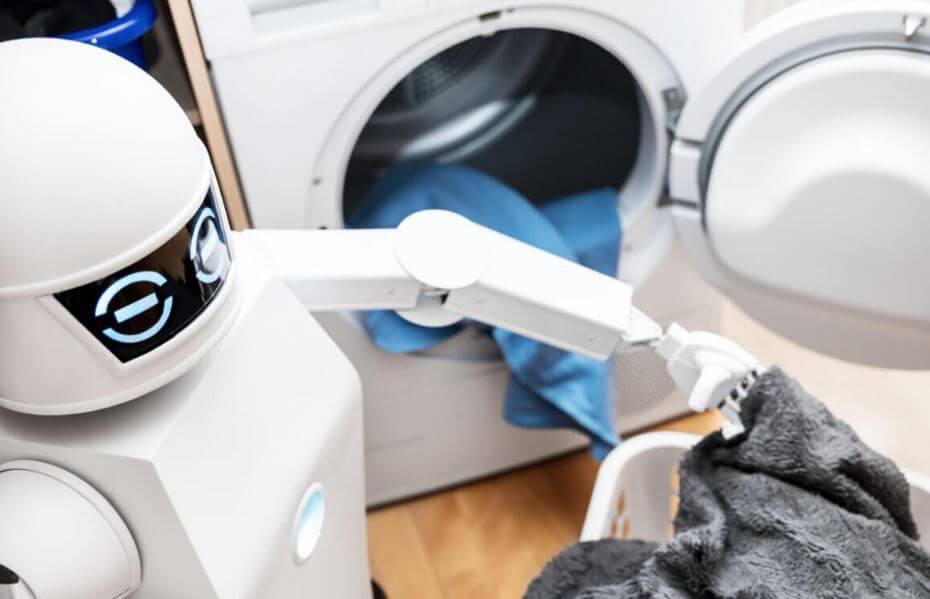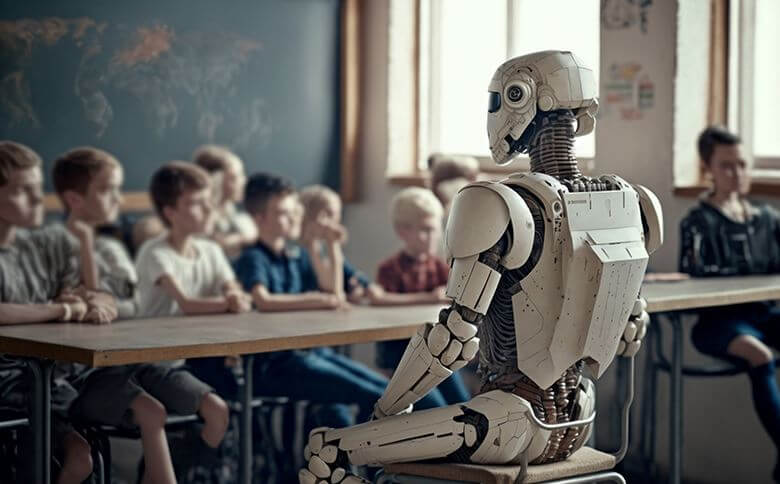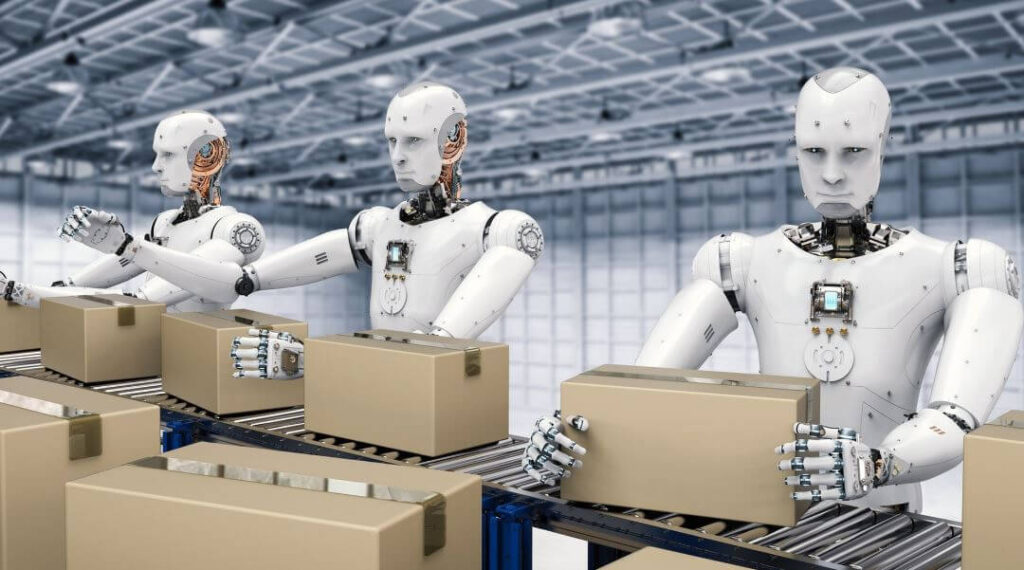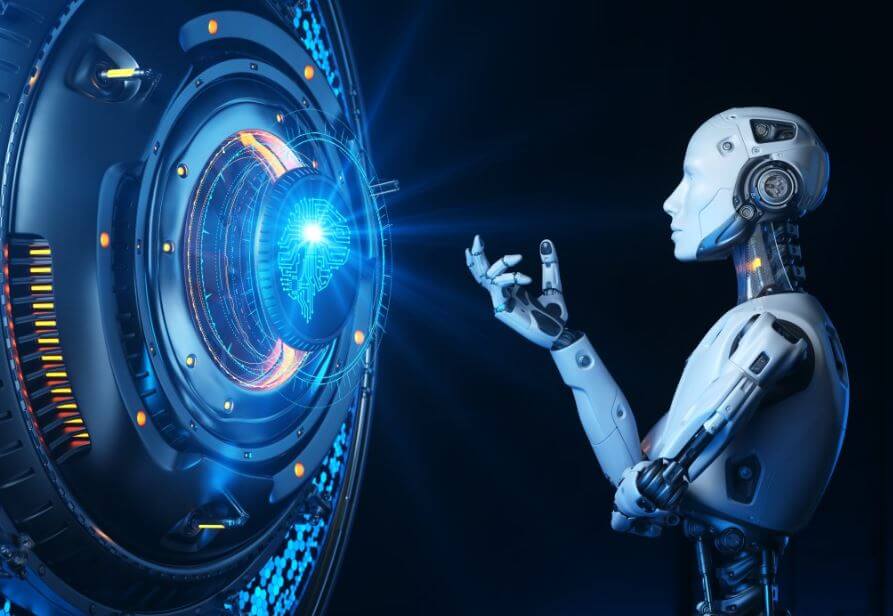This is important since technology is slowly giving real-life life almost futuristic ideas on the kinds of robots that could one day be our companions. There has been a progressive improvement in the intelligence of robotic systems such that AI robots are developing into efficient helping instruments in organizations with functionality to merge them into people’s everyday lives. Traditionally, individuals depicted robots for household use, as helpers in industries, and as caregivers in healthcare and many other fields have become reality. Silicon Valley-based firms such as Physical Intelligence are increasingly under development closer to this vision. The question of what is being developed in the future of AI robots holds numerous potential for future changes in how we live, or work.
AI Robots and Their Increasing Role in Daily Life
The future of AI robots is rapidly moving from fiction to reality, especially with household robots becoming a new frontier. Imagine robots capable of unloading dryers, folding laundry, setting tables, and more. Physical Intelligence has developed a robot that efficiently completes various household tasks. Once an idea only seen in futuristic shows, such as The Jetsons, where Rosey the robot handled household chores, robots like these are making it a real possibility. By processing enormous amounts of task-specific data, Physical Intelligence shows how general-purpose robots may soon aid households everywhere. The future of AI robots points toward an era where intelligent machines may become as common as smartphones in every home.
Technology Behind Versatile Robots
Creating general-purpose robots is key to realizing the future of AI robots. Robotics companies are refining methods that allow AI robots to adapt across a variety of tasks, environments, and applications. Physical Intelligence’s foundational model, π0 (pi-zero), is a groundbreaking example, of training on vast amounts of data involving different robots performing household chores.

This flexible approach empowers robots to handle diverse tasks, hinting at a future of AI robots that can assist in numerous capacities with minimal extra programming. The potential of these intelligent robots to navigate a wide range of roles highlights a significant step forward in the future of AI technology.
Robotics Companies Pushing AI Boundaries
Several tech giants and startups alike are pushing boundaries to expand the future of AI robots. Physical Intelligence was founded by prominent robotics researchers working to make robots adept at a variety of tasks. As Sergey Levine, a co-founder and professor at UC Berkeley, explains, “We’re working with more data than any robotics model has used before.” Although not as refined as models like ChatGPT, their foundation model is beginning to demonstrate capabilities comparable to the initial versions of language models. The future of AI robots is bright, as these companies help set the stage for versatile robotic systems that can benefit various fields, making AI robots valuable assets in both private and commercial spaces.
Overcoming Challenges in Robotic Training
Data availability is a major hurdle in the future of AI robots. While language models benefit from an abundance of text, robotics lacks the extensive datasets needed for advanced training. Physical Intelligence is creating its robotic data to make learning possible for AI robots with fewer resources.

By blending vision-language models (trained on images and text) with diffusion modeling (an image generation technique), the company hopes to enable robots to tackle diverse challenges. Addressing these data limitations could be transformative for the future of AI robots, as enhanced learning methods allow robots to refine their skills even with restricted data.
AI Robots and Industry
The future of AI robots promises revolutionary impacts across many industries. From manufacturing to logistics and healthcare, robots with general-purpose capabilities could automate tasks that previously required human precision and adaptability. Many current industrial robots are confined to controlled settings, but developments by companies like Physical Intelligence and Tesla are redefining these capabilities. Tesla’s humanoid robot, Optimus, aims to adapt to various tasks at an affordable cost. As robots become more autonomous, they could support humans in performing duties in a wider array of environments, proving how promising the future of AI robots is for the industrial sector. These adaptable machines are expected to make the workplace more efficient, creating safer conditions for human workers.
A Look at the Future: Robots in the Physical World
The future of AI robots offers a glimpse into a world where machines can seamlessly assist with nearly any task. Innovations from Physical Intelligence and others provide a strong foundation for this vision. With advancements in learning algorithms and data processing, the next generation of AI robots expected to handle complex challenges across different settings.

Although much progress still required to achieve fully autonomous and adaptable AI robots, each breakthrough brings us closer to realizing this ambitious goal. As they integrate into workplaces and homes, the future robots could redefine human-robot interactions, enhancing both productivity and convenience in daily life.
Conclusion
The future of AI robots is undeniably bright, with the potential to reshape society on multiple levels. As companies like Physical Intelligence work toward breakthroughs in robotic intelligence, these machines are moving from the conceptual stage to practical applications. Robots may soon assist humans not only in homes but also in workplaces and public spaces. With each technological advancement, the future of AI robots seems closer, paving the way for a world where robots can become reliable partners, boosting efficiency and simplifying complex tasks. The transformation that AI robots offer holds promises that could alter both our professional and personal lives in ways we are only beginning to imagine.
FAQs
The future may see AI robots assist in homes, workplaces, and industries.
Robots trained with vast datasets and sometimes human guidance.
Physical Intelligence and Tesla are key players in this field.
While basic models exist, more adaptable robots are still in development.
AI robots expected to support human roles rather than entirely replace them.
